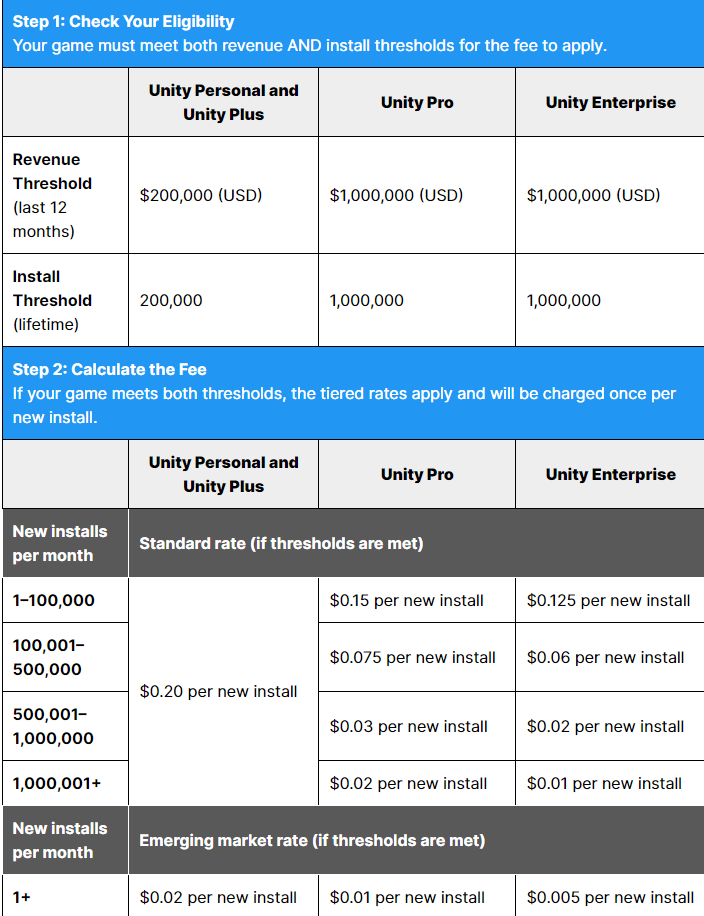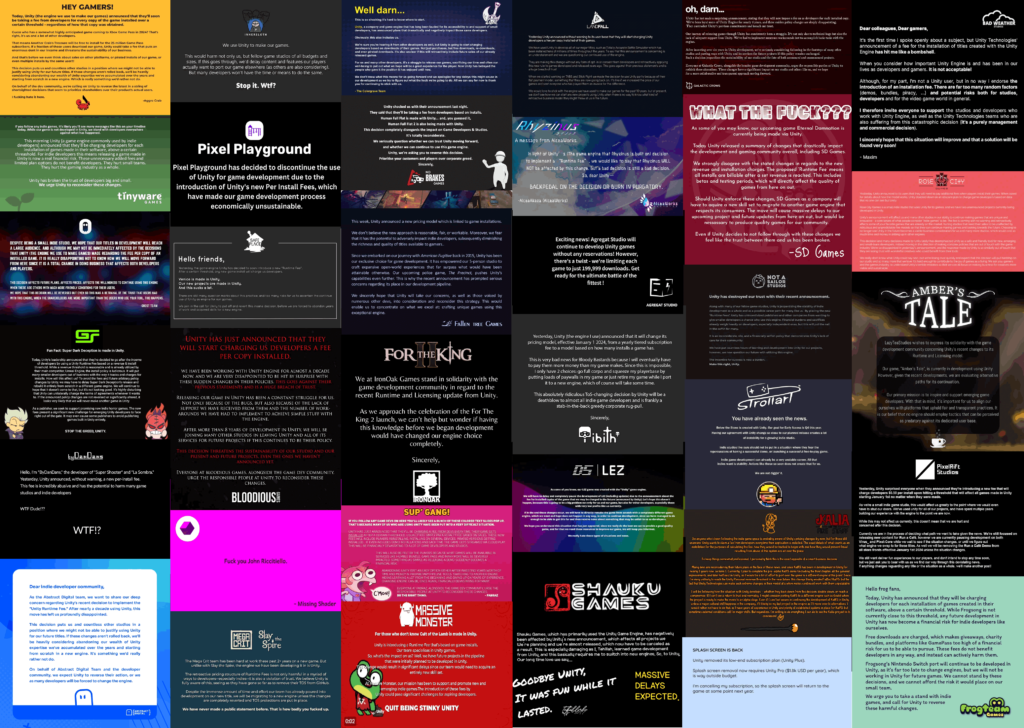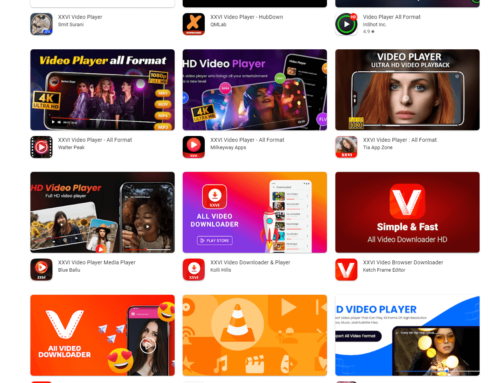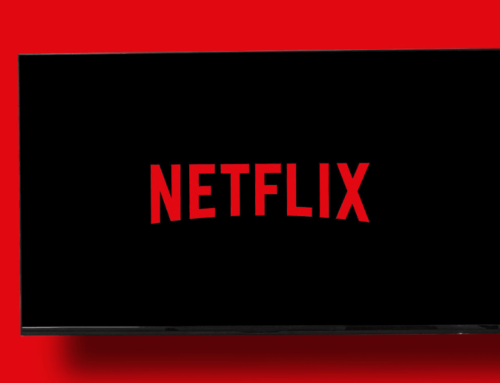Are you a Unity developer? I’m truly sorry for you.
For those who don’t know, Unity is a game engine, basically a set of game design tools that provide developers ready-to-use features like physics engines, 2D and 3D rendering, AI generation, object collision detection, sound, color, scripting, and much more, all without the need to create these from scratch.
Up until now, the 2 biggest players in the game engine area were Unity and Unreal Engine. But with the latest Unity new pricing policy, I believe Unreal will become the most popular one while Unity will go way down in the preference of devs.
Unity’s New Pricing Model
So what really happened? In a recent blog post, Unity announced that is making changes to its pricing model, starting from January 1, 2024. They are introducing a new Unity Runtime Fee based on the number of game installs, with the aim of covering the costs associated with each game download. This fee is meant to replace the traditional revenue sharing model.
To “qualify” for the Unity Runtime Fee, games must meet certain criteria, including minimum revenue thresholds and lifetime install counts (love how they present this as if it’s something that will benefit the game dev).
The thresholds vary depend on the current subscription plan that Unity devs use:
- Unity Personal and Unity Plus: $200,000 USD or more in revenue in the last 12 months and at least 200,000 lifetime game installs.
- Unity Pro and Unity Enterprise: $1,000,000 USD or more in revenue in the last 12 months and at least 1,000,000 lifetime game installs.
Unity is offering more flexibility by allowing Unity Personal access to anyone regardless of revenue, and the fee will only apply when the game meets the criteria.
Unity Pro and Unity Enterprise subscribers will have access to volume discounts, which reduce the per-install cost of the Unity Runtime Fee as the game grows. You can see the following table to understand the new pricing model:

This doesn’t sound that bad, right? Well, actually it does. Just think about this, game devs with popular games (especially mobile) will need to pay $0.2 for each new install of their game, even if the game is FREE! That’s right, the fee doesn’t apply only to paid games, it applies to free ones too if they’ve surpassed the 200,000 lifetime install threshold (easy to achieve for good games).
This applies retroactively, meaning starting with January 2024 they’ll analyze if your game has 200,000 installs or more and start charging you.
So how did the gaming community react? Well, the image below basically says it all, everyone is mad, upset and feels betrayed (this image is huge, it’ll take a while to load):

Some devs even went as far as saying they’ll delete their games completely after January 1st, while most said that they’ll switch to a competitor. But switching platforms isn’t that easy, especially if you’re a big game studio. You’ve got all these Unity game devs, and now you need to replace them with Unreal ones, not to mention the horror of porting a game to a completely different platform.
And there’s a lot of popular Unity games that you might have heard of, these are just a few ones that are very popular and built on Unity:
- Genshin Impact
- Among Us
- Cult of the Lamb
- Fall Guys
- Bug Fables
- Ori 1 and 2
- Cuphead
- Tunic
- Freedom Planet 2
- Rain World
- Celeste
- Terraria
- Outer Wilds
- Cities: Skylines
- Beat Saber
- Tabletop Simulator
- Rust
- ReCore
- The Stanley Parable: Ultra Deluxe
- Subnautica
- Hearthstone
- Enter the Gungeon
- Human Fall Flat
- Pokémon GO
- Pokémon: Brilliant Diamond + Shining Pearl
- Night in the Woods
- Kerbal Space Program 1 and 2
- VRChat
Unity vs Unreal Engine
So yeah, this will definitely affect Unity’s market share in the game engine area, especially since a lot of the devs already feel betrayed because of time/money invested. Switching to Unreal Engine is definitely a possibility, however there’s no guarantee Unreal Engine won’t follow the same pattern in the future. For now, this is how Unity compares to Unreal:
| Unreal Engine | Unity | |
|---|---|---|
| Engine Type | Multiple platforms (mobile, PC, console, …) | Multiple platforms (mobile, PC, console, …) |
| Developed by | Epic Games | Unity Technologies |
| Programming Language | C++ for development | C# for development |
| Features | Multiplayer framework, VFX, incredible particle simulation, best for 3D games | 2D improvements, animation, creating snapshots, ideal for hypercasual games |
| License | Open-source | Proprietary |
| Pricing | Free | Basic version free, multiple subscription tiers |
| Royalty fee | No fees | $0.2/install after a threshold |
| Learning curve | Difficult to learn | Easy to learn |
| Graphics | Top-notch photorealistic graphics used in grade A games | Good graphics, though way less than Unreal’s |
As you can see, Unreal Engine is way superior to Unity in terms of graphics, it’s open-source and truly free. Unity on the other hand is closed-source, not so fancy and has a horrible royalty fee policy. So why did game devs chose Unity? Well, because it’s much more easy to learn it compared to Unreal.




